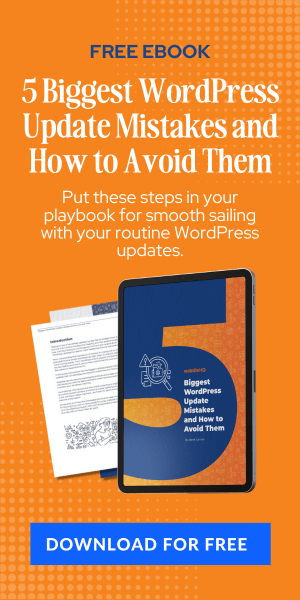WordPress is the most popular content management system (CMS) around, making it a target for cybercriminals. To improve security on your WordPress site, add two-factor authentication as a login requirement. A website is only as secure as its hosting provider, so choose one carefully. If you're business depends on your website uptime and availability, the right hosting company makes all the difference.
it is important to keep your WordPress installation & plugins up to date. New releases often include security fixes for newly discovered vulnerabilities. Failing to update WordPress leaves your site open to attack. Consider using a security plugin such as Wordfence or Sucuri. These plugins help to block malicious traffic and scan your site for malware.
One vulnerability, regardless of the size of your website, are hackers and bots using brute force to gain access. To protect against this, consider changing your WordPress login URL and using the WordPress login limit plugin. Do some research to find other security plugins that are useful. Finally, if you decide to share admin access, create additional user accounts – do not give your Admin login to another user.
Key Takeaways:
- The more important the internet becomes in people's lives, the more important it is to keep websites secure.
- It is accepted that a website can never really be 100% secure, but it is still important to try and keep them as secure as possible.
- A little under 10% of WordPress websites that get hacked, fall victim because their passwords aren't strong enough.
“While 100% security may be a myth, there are a few things you can do to ensure your website is secure from external and internal threats.”
Read more: https://www.hackread.com/step-by-step-wordpress-security-guide/



